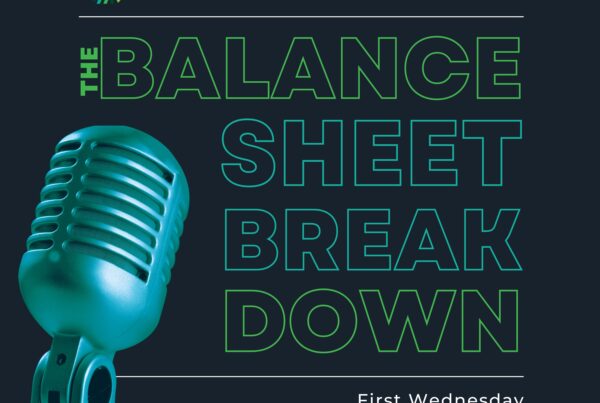In the competitive landscape of professional service firms, leverage stands out as a key strategic element that can significantly impact the profitability and growth of the organization. Leverage is defined as the practice of utilizing a mix of experienced senior professionals and junior staff to maximize efficiency, productivity, and, ultimately, profitability. It ensures all team members function at their “highest and best use.” This article delves into the importance of leverage and how it can be a game-changer in achieving long-term goals.
Leverage, in the context of professional service firms, refers to the ability to optimize the use of human resources to deliver high-quality services to clients while maintaining profitability. This is typically achieved by combining the expertise and experience of senior professionals with the lower billing rates of junior staff. The senior professionals act as mentors and oversee the work, ensuring clients receive top-notch service at a competitive cost.
Leverage allows professionals in an organization to spend their time on tasks and projects that best utilize their skills. Some of the key advantages of leverage are as follows:
- Cost Efficiency: Leveraging junior staff members who command lower billing rates allows firms to offer competitive pricing to clients. This cost advantage can make the firm more attractive to potential clients and help retain existing ones.
- Scalability: Leverage enables firms to take on a larger volume of work without significantly increasing labor costs. As the firm grows, it can hire more junior staff members to support the senior professionals, leading to scalability and the ability to handle more clients simultaneously.
- Knowledge Transfer: Senior professionals are vital in mentoring junior staff members, transferring their skills, knowledge, and best practices. This knowledge transfer is crucial for the continuous development of the firm and ensures a consistent level of quality in service delivery.
- Profitability: Leverage can significantly improve a firm’s profitability. The higher billing rates of senior professionals, combined with the lower labor costs associated with junior staff, create a favorable margin that can drive financial success.
To reap the benefits of effective leverage, professional service firms must consider several key factors. It’s essential to attract and retain top-tier senior professionals with expertise in their respective fields. Equally important is the recruitment of skilled junior staff who are eager to learn and grow within the firm.
In addition to talent acquisition, investing in training and development programs for junior staff is critical. These programs should focus on helping junior staff enhance their skills and knowledge, enabling them to contribute meaningfully to client projects. One of the goals of recruiting and training is retention. Towards that end, senior professionals should take an active role in supervising and mentoring junior staff. This not only ensures quality control but also creates a culture of continuous learning and improvement within the firm, as well as helping foster loyalty.
Ultimately, for an organization to successfully implement a strategy involving leverage, there must be communication. Effective communication within the firm ensures everyone understands their roles and responsibilities in the leverage model. Transparency, clear expectations, and holding each other accountable can prevent misunderstandings and ensure smooth collaboration.
Leverage is a powerful tool that professional service firms can use to achieve growth, profitability, and long-term success. By combining the skills and expertise of senior professionals with the energy and enthusiasm of junior staff, firms can provide high-quality services at competitive prices. This not only attracts and retains clients but also positions the firm for sustainable growth in a highly competitive industry. To leverage effectively, firms must invest in talent acquisition, training, and mentorship while clearly focusing on client satisfaction and profitability. In the ever-evolving landscape of professional services, leveraging human capital is a strategy that can set firms apart and drive their success.
Listen to The Balance Sheet Breakdown
A Guide to Professional Service Firm Profitability: Understanding Leverage
Part 4 of 4
A Guide to Professional Service Firm Profitability: Understanding Leverage
Part 4 of 4



